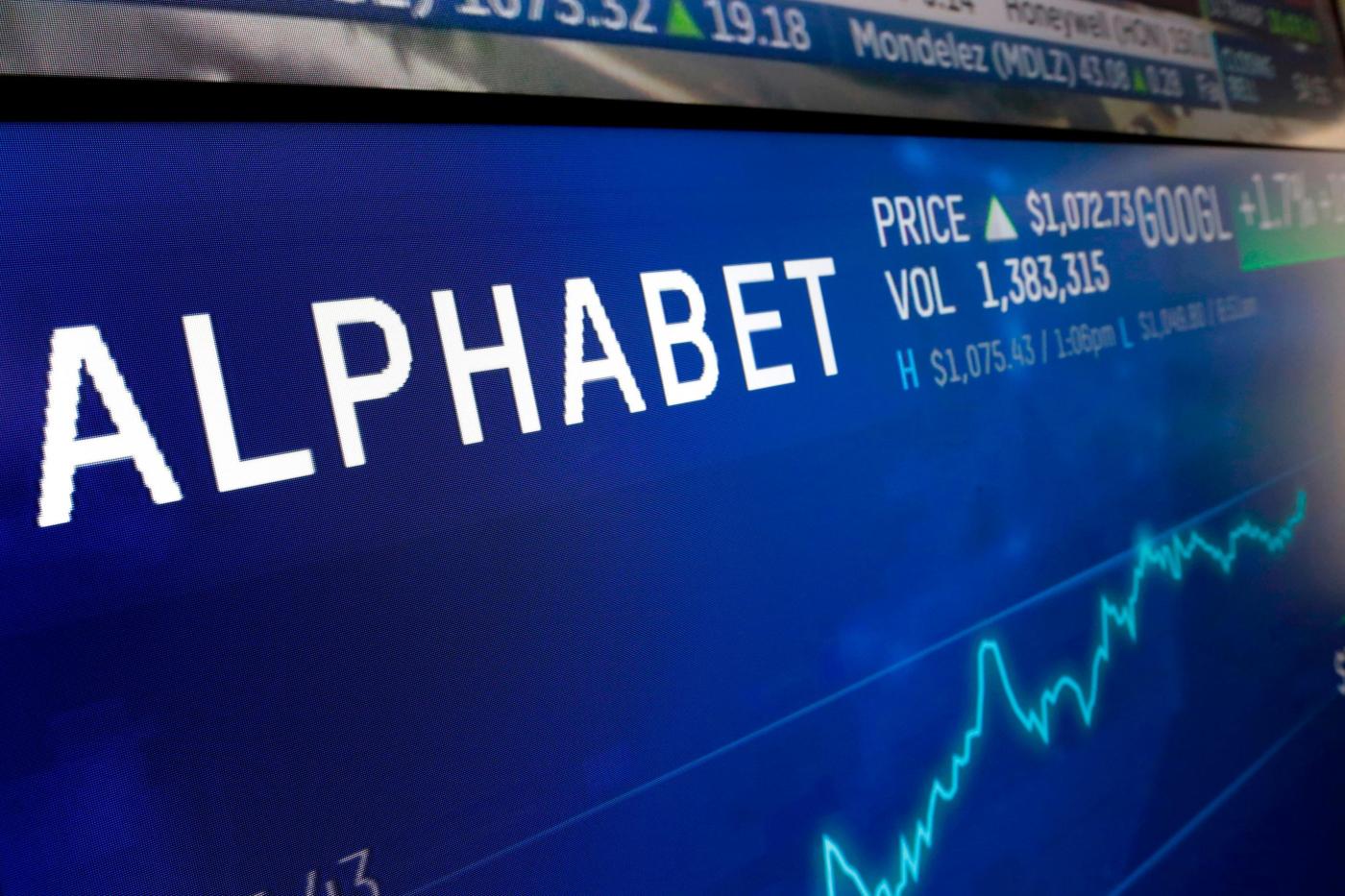
(Bloomberg/Jeran Wittenstein and Ryan Vlastelica) — For more than a year, Alphabet Inc. shareholders have fretted over long-term risks posed by artificial intelligence to the company’s money-printing search business. This week the threat became much more immediate.
Court testimony from an Apple Inc. executive on Wednesday revealed that the iPhone maker is exploring adding AI services to its web browser for which Google now pays an estimated $20 billion a year to be the default search engine. Potentially more worrisome: searches on Apple’s Safari fell for the first time last month, according to Eddy Cue, Apple’s senior vice president of services.
The revelations implied that queries fielded by rivals like OpenAI and Anthropic already may be eating into Google search, which accounts for more than half of the parent company’s revenue and the vast majority of profits. Alphabet said in a subsequent blog post that search queries continue to rise, including those coming from Apple users.
The comments helped arrest the selloff that saw the shares close down 7.3% on Wednesday. But Alphabet is still on pace for a weekly decline of about 6% and $120 billion drop in market value.
“The basic issue is, will Alphabet lose its cash cow?” said Art Hogan, chief market strategist at B. Riley Wealth Management. “This is the first time Alphabet has really seen competition in search since the category was originated, and we’re already seeing chinks in the armor.”
Related Articles
How Google became the internet giant at the center of a government crackdown
Opinion: Why California needs to penalize social media for teen eating disorders
Trump to change controversial Biden-era restrictions on AI chip exports
Planning a trip abroad? Here’s how to protect the data on your devices at U.S. border searches
Gates Foundation will accelerate spending, wind down by 2045
Fears that Alphabet is falling behind in AI have resulted in multiple selloffs since ChatGPT’s debut in late 2022; in February 2023, for example, the stock sank on concerns about the accuracy of its AI chatbot.
However, it has shown an ability to rebound off those losses, and up until Wednesday, Alphabet had been on an upswing. The shares rallied in the days following its earnings report that showed its search advertising business remained strong in the first quarter, which ended on March 31.
The size and speed of Alphabet’s selloff shows how nervousness about the risks of disruption from AI — even for a company with formidable talent in the field — is overshadowing everything else and making it difficult for investors to value the tech giant.
Alphabet has long traded at a discount to megacap peers like Microsoft Corp. But that gap has widened over the past year amid worries the YouTube owner is falling behind in AI.
At the close on Wednesday, Alphabet shares were priced at 15 times profits projected over the next 12 months, compared with an average of 21 times over the past decade, according to data compiled by Bloomberg. Microsoft is priced at 30 times projected profits, compared with an average of 26.
The problem is that the greater competition in search could put future profits at risk, according to B. Riley’s Hogan.
“We don’t know how much share it might lose, or how quickly,” he said. “That means we can’t be confident in the earnings part of the P/E multiple.”
An Alphabet representative declined to comment further.
Alphabet’s market share seems to be holding up. According to the latest Statista data, which is from March, Alphabet has about 89.7% of worldwide market share for search engines. That compares with 92.9% share in January 2023, just after ChatGPT’s release.
Most analysts on Wall Street remain bullish on Alphabet. More than 80% of the 76 analysts tracked by Bloomberg who cover the company have buy ratings. While that’s below other megacaps — Microsoft, Amazon.com Inc., and Meta Platforms Inc. are all rated buy by 90% or more of analysts — Alphabet trades nearly 30% below the average analyst price target, a higher return potential than the others.
Evercore ISI’s Mark Mahaney said that even though Google search volume growth has slowed, revenue expansion remains consistent. In a research note published on Thursday, he advised clients to buy shares in the wake of the drop.
However, some are getting more cautious. Current estimates calling for 2025 net income of $115 billion could be overly optimistic, according to Melius analyst Ben Reitzes.
“Given the April trends indicated in Cue’s comments, paid clicks could be getting worse,” he wrote in a research note on Wednesday. “In our experience, this stuff happens quickly.”
Top Tech Stories
Panasonic Holdings Corp. said it plans to slash headcount by 10,000, part of an ongoing push to boost profitability by culling non-growth operations.
Semiconductor Manufacturing International Corp. plunged after China’s leading chipmaker warned sales could fall as much as 6% this quarter because of production disruptions.
Taiwan Semiconductor Manufacturing Co.’s revenue jumped 48% in April, underscoring how electronics firms scrambled to acquire essential components before global tariffs took effect.
Apple Inc.’s silicon design group is working on new chips that will serve as the brains for future devices, including its first smart glasses, more powerful Macs and artificial intelligence servers.
Expedia Group Inc. cut its full-year outlook for gross bookings and revenue after it saw weaker-than-expected domestic and inbound travel demand in the US at the start of the year.
Earnings Due Friday
Premarket
PAR Technology
Telus
Gogo
Cineplex
AMC Networks
–With assistance from Subrat Patnaik.
More stories like this are available on bloomberg.com
©2025 Bloomberg L.P.